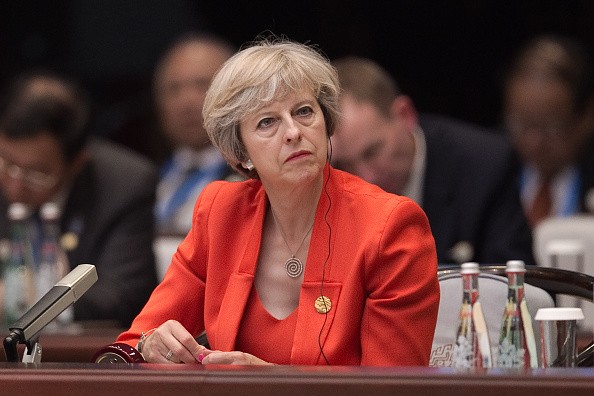"Countries who are being invited are regarded by China as friends. And these countries are seen to be powerful influence in promoting China's 'One Belt, One Road' project."
These were the words told by a Beijing-based diplomat to Reuters when asked about the invite list to the One Belt, One Road, or simply OBOR, summit to be held in Beijing.
This diplomatic source, who gave details with the condition to be anonymous, revealed that Britain's Prime Minister Theresa May has been invited by China to attend its major event.
According to The News, there was a confirmation from May's team that China is one of the major powers she would visit this year to talk trade relations.
May's spokesman told reporters that the trip to China would be a manifestation of the developing close relationship between the two countries which has been observed in the past few years.
The News reported that according to Britain's Ministry of Commerce, China is open to the idea of a free trade deal with Britain once the latter leaves the European Union, though the former has said little about it to the public.
It can be remembered that May already joined a summit in China. It was a conference of the G20 leading economies which was held in September 2016.
OBOR is a development and trade initiative proposed by Chinese President Xi Jinping in late 2013. It consists of the land-based Silk Road Economic Belt and the sea-based 21st-Century Maritime Silk Road.
According to the South China Morning Post, the OBOR strategy uses land and sea routes to establish links with 65 countries in Asia, Europe and Africa in the fields of trade, infrastructure, finance, policy and people.
State-run news Xinhua reported that OBOR has already boosted trades between China and the participating countries, exceeding $1 trillion in 2015.
At an episode of the McKinsey Podcast, Kevin Sneader said: "At one level, OBOR has the potential to be perhaps the world's largest platform for regional collaboration. . . . It's very ambitious--potentially ambitious--covering about 65 percent of the world's population, about one-third of the world's GDP, and about a quarter of all the goods and services the world moves."



























